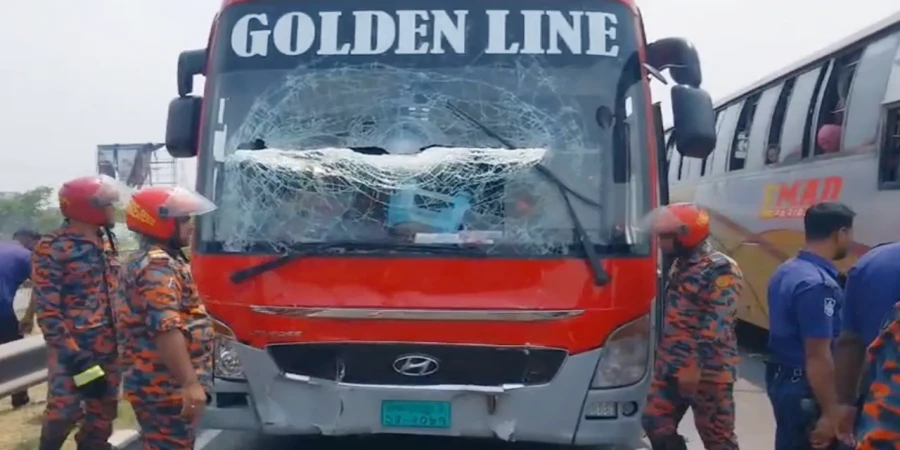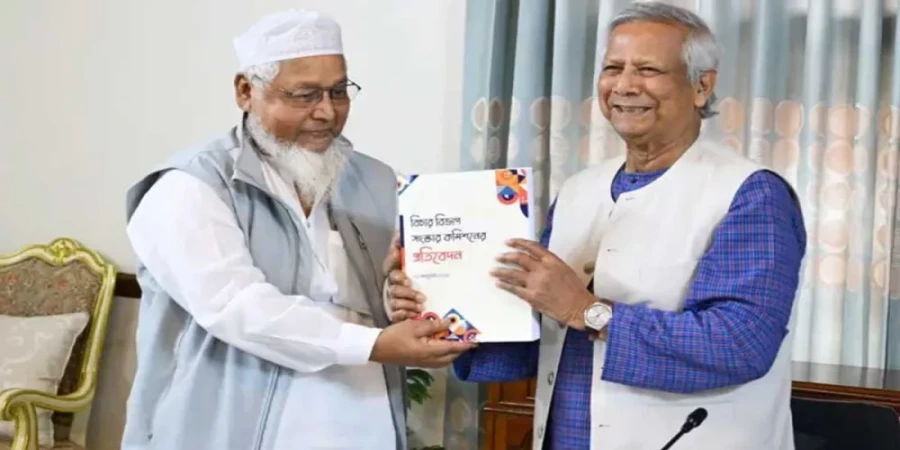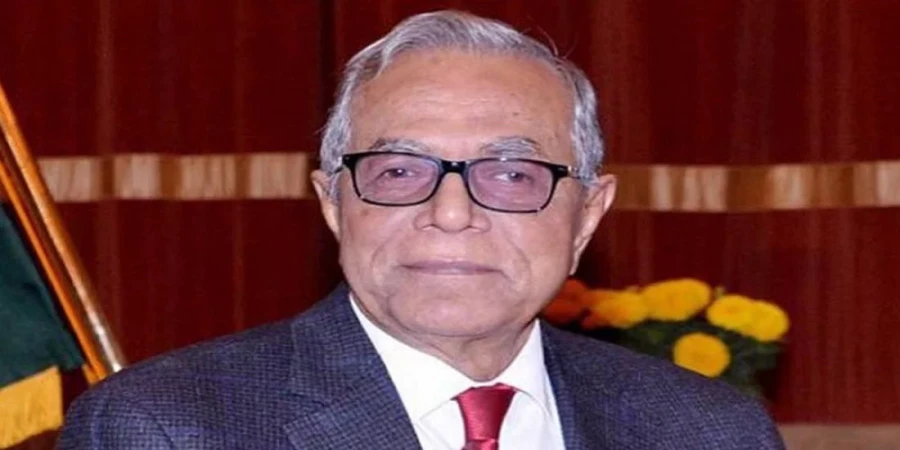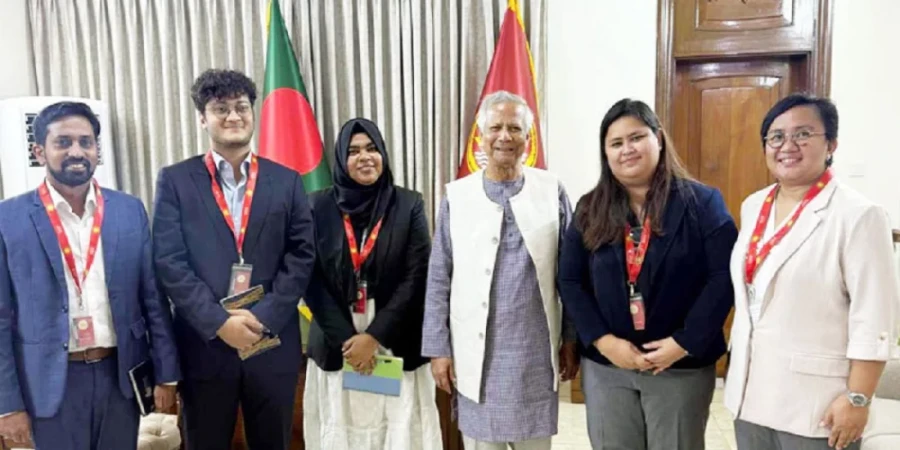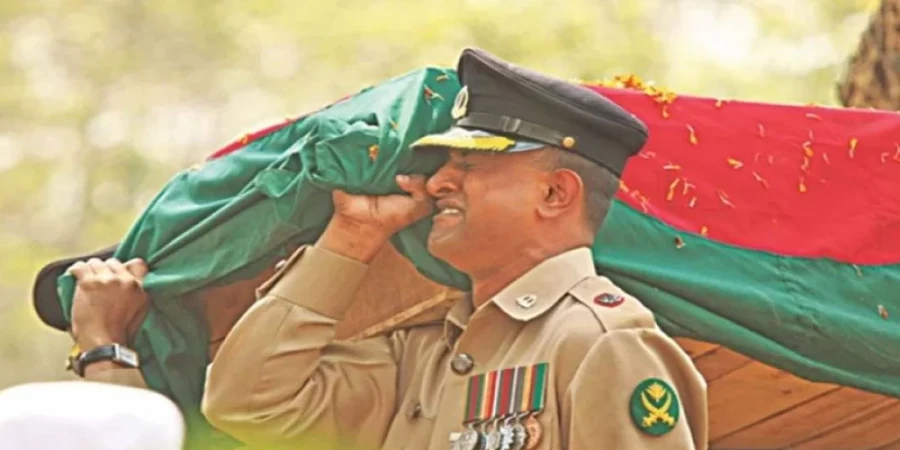
ছবি: Photo: Collected
A public notice has been issued by the National Independent Investigation Commission probing the 2009 BDR mutiny, calling on individuals and institutions to provide relevant information that may aid in uncovering the truth behind the horrific incident at the Pilkhana headquarters. The commission has opened several channels, including its official website (bdr-commission.org), email (comission@bdr-commission.org), in-person visits, postal or courier submissions, to encourage the public’s cooperation in this national effort. Information can also be submitted directly at the commission’s physical office located at Bangladesh Reference Institute for Chemical Measurements (BRiCM), New Building (7th Floor), Dr. Kudrat-e-Khuda Road (Science Laboratory Road), Dhanmondi, Dhaka-1205.
A dedicated hotline (01769-600281) remains open from 9:00 AM to 5:00 PM for direct communication. The notice assures that the identities of contributors will be kept confidential where applicable, to ensure their safety and encourage more witnesses to come forward.
Despite the complex and sensitive nature of an event that occurred over 16 years ago, the commission states that it is proceeding methodically and with clear objectives. It emphasizes its commitment to collecting credible evidence and establishing factual clarity about the unprecedented and brutal massacre that took place at the BDR headquarters in Pilkhana on February 25–26, 2009.
The commission has called for submissions from various sources, including survivors, family members of deceased personnel, direct witnesses, journalists, and other individuals with relevant information. Upon accessing the commission’s website, contributors are required to first select the nature of the information being provided. Categories include statements from survivors or family members of martyrs, accounts from witnesses or other relevant individuals, content from print or electronic media, mobile call records, text messages, WhatsApp numbers, images, videos, audio files, and other relevant documentation.
The public notice is signed by the commission’s chairman, retired Major General A.L.M. Fazlur Rahman, and underscores the need to identify those involved in the conspiracy, execution, and aftermath of the BDR massacre. The commission’s mandate excludes individuals already tried under the two existing court cases related to the incident, focusing instead on unearthing further conspirators, collaborators, individuals who destroyed evidence, and those responsible for failing to prevent the tragedy. It also aims to identify any groups, institutions, departments, or organizations accountable for negligence or complicity in connection to the killings.
The investigation is being conducted independently, without any external interference or influence, and has begun engaging with foreign diplomatic missions where necessary. The Ministry of Foreign Affairs has already been contacted in this regard. The commission is also reviewing significant information already published in print and electronic media to support its inquiry.
Additionally, the commission has taken the extraordinary step of publicly naming 15 individuals whose testimonies it considers essential to the investigation. These individuals include prominent political figures, former military officials, and senior members of the law enforcement and intelligence communities. Among those named are former Prime Minister Sheikh Hasina; her former security adviser, retired Major General Tarique Ahmed Siddique; former Dhaka South City Corporation Mayor Fazle Noor Taposh; former Members of Parliament Sheikh Fazlul Karim Selim, Jahangir Kabir Nanak, Mirza Azam, and A.F.M. Bahauddin Nasim; and former senior officials such as Brigadier General (Retd.) Muhammad Shamsul Alam, Lieutenant General (Retd.) Molla Fazle Akbar, Generals (Retd.) Moeen U Ahmed and Aziz Ahmed, Dr. Hasan Mahmud Khandaker, Abdul Kahhar Akhand, Nur Mohammad, and Monirul Islam.
These individuals were requested to inform the commission of their availability to provide testimony via phone, email, or letter within seven days of the notice being issued. That deadline has already passed.
The commission was officially formed through a government notification issued on December 24 of last year, under the Commission of Inquiry Act of 1956. Major General (Retd.) A.L.M. Fazlur Rahman was appointed as chairman to lead this full-scale investigation into what has been described as one of the most gruesome and orchestrated massacres in the country’s history.
The commission's goal is to identify all actors—both local and foreign—who played a part in planning, facilitating, or failing to prevent the uprising that led to the deaths of dozens of army officers and others. As part of its broader commitment to justice and national security, the commission aims to ensure that no aspect of the incident remains concealed and that all responsible parties, regardless of position or influence, are brought to account.
Through this comprehensive effort, the National Independent Investigation Commission continues to seek public engagement, reaffirming that every piece of information—no matter how small—may contribute to revealing the full truth behind the 2009 BDR mutiny at Pilkhana.
repoter



